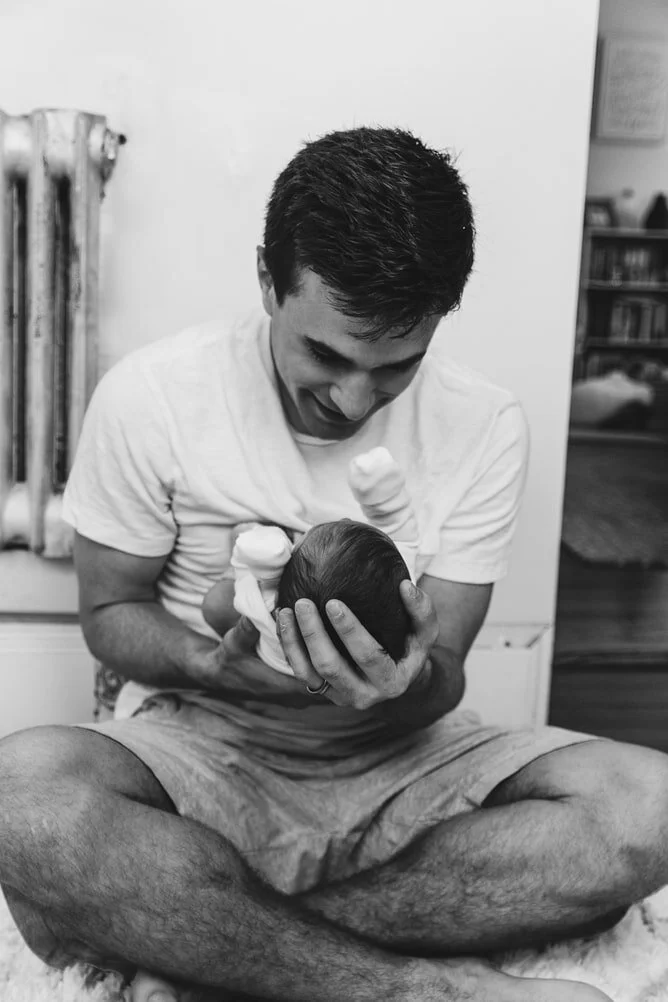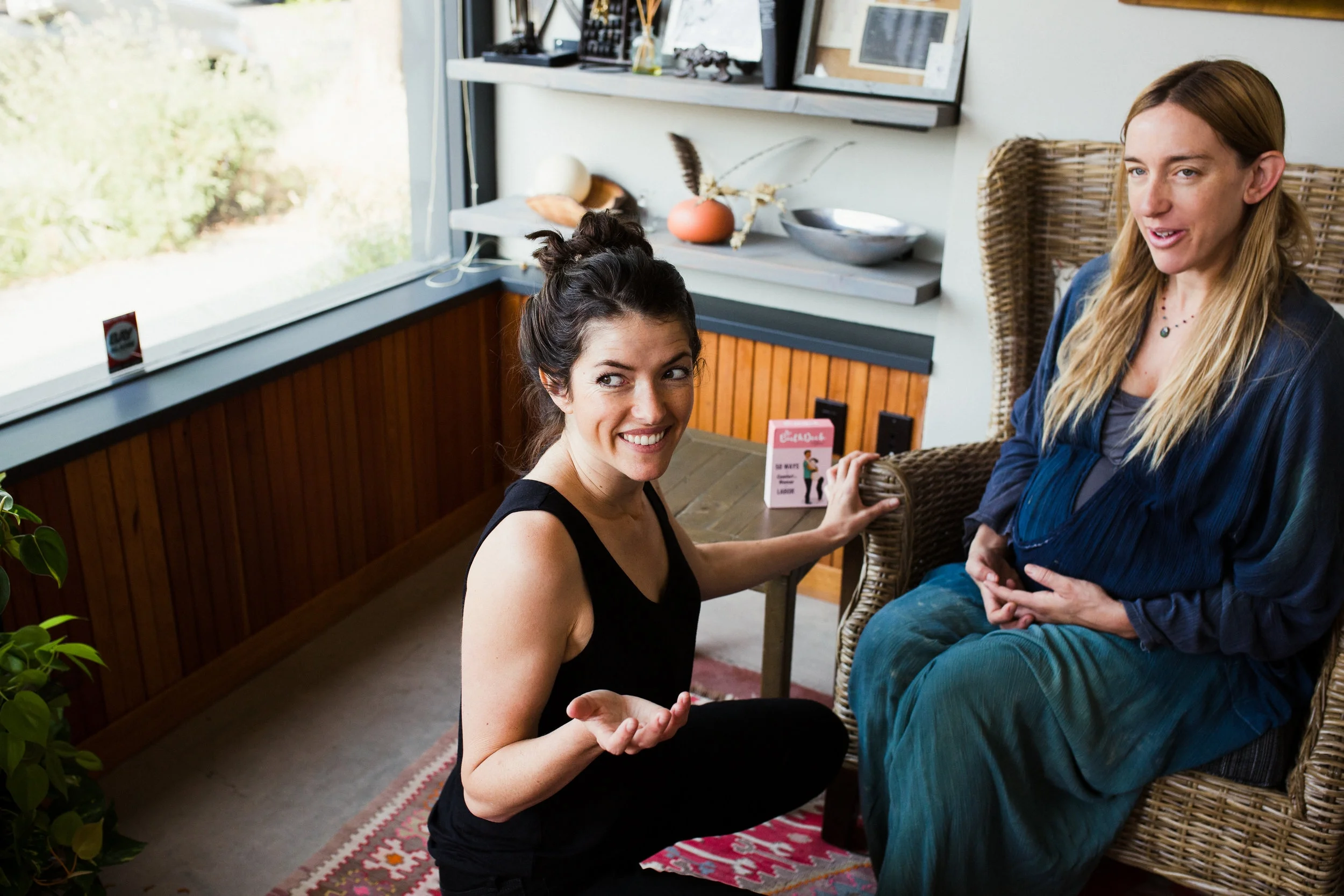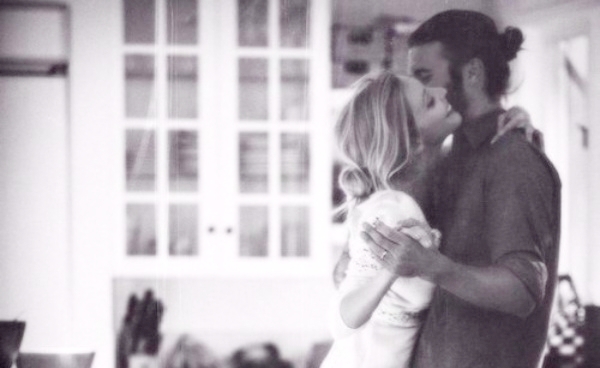Ahh… March. It’s a special one! The beginning of Spring, Daylight Savings (for some of us!), and of course, that special week you get extra time with kids- Spring Break. On top of all of this, in the past few years, women have come together more than ever to fight for women’s equality.
As you may know- March is International Women’s Month. Today, we wanted to feature a couple of moms who were pregnant throughout COVID, and in our eyes are absolute superstars. Pregnancy was already hard enough; throw a pandemic on top of it and now we’re in uncharted territory. Women are going to appointments alone, not having the opportunity to celebrate with family, and some aren’t even able to have their partners in the delivery room. Suddenly, the days where we struggled to pick out items in our nurseries are overshadowed by much larger problems.
If you’ve had any part of your pregnancy during this pandemic, we want to start by saying: you are incredible and we are in awe of you. So what better way to celebrate Women’s Month than to feature a story of an incredible mom who went into lockdown the week after she announced her pregnancy to her family? Below is our conversation with Bobbie Marlow, a 35-year-old mother of two beautiful boys.
Before we talk all about your pregnancy journey, I wanted to first congratulate you on your beautiful baby boy, Harry! What do you think has been the most surprising thing about being a mother this past (five) months?
Thank you, thank you! Well, there’s certainly one thing that hasn’t changed with this pregnancy: I haven’t had any sleep. Babies are just programmed to keep us chronically awake, I think.
But yeah, obviously we had baby Harry in the middle of a pandemic so pretty much everything has changed this time around. There are definitely silver linings, as well as drawbacks. I think the thing that’s been the most different this time around is that I’ve had my husband at home so much these past 5 months since he’s working from home. He’s still on calls the whole day, but having him be able to take a 15-minute break here and there, and do lunches at home has made a huge difference. I work from home too so it’s allowed me a little extra work time, or a quick ride on the Peloton when he can watch the baby.
So take me back to the very beginning. It was February of last year, and you found out you were pregnant- how exciting!
Yes! I found out we were pregnant in early February, so I was due in November. I only had a month of my pregnancy before we went into lockdown. Not to mention, we didn’t even find out until a couple of weeks before California shut down.
You had just told your family you were pregnant, and a week later, suddenly the world was on lockdown. Most of us were fighting for toilet paper and food. What did that time look like when you were just starting your pregnancy?
Oh, gosh. It was nothing like I was expecting my pregnancy to be like. We’d just gotten back from a trip to Mexico when we found out we were pregnant, and of course, in those two weeks, I had so many things going through my head. What gender was the baby, how would we tell my family, what would the gender reveal look like, how would I decorate their room, and of course- where would I go for my babymoon?
So then, a week before the pandemic, I told my immediate family I was pregnant. My parents, my sister and her husband, and my little brother. I’d been wanting another baby for so long. Obviously, I’d heard about COVID-19, but I didn’t think much would come of it. Then, on March 16th, California went into full lockdown. I had no idea what to think. I was terrified. We were lucky enough to find a grocery store that had a good amount of things that my husband went to, and he stocked up on some diapers and Lysol. We wiped everything down and he immediately took a shower and we bleached his clothes. Luckily we had a couple of paint masks in our garage because I called 17 stores around us- no exaggeration- and they were all sold out.
The pandemic has been an unprecedented time for everyone, especially mothers-to-be. The thoughts and challenges traditionally associated with pregnancy have been exacerbated ten-fold, bringing on waves of stress and anxiety and leaving expectant couples with more questions than answers. But, we have you covered in our article, Coping with Pregnancy Anxiety During a Pandemic, where we speak on ways to overcome these negative feelings by offering a few simple daily changes that have the ability to alter your pregnancy experience for the better.
That must have been terrifying. Once the shock settled in and you realized, okay, we’re going to be shut down for a while- what went through your mind?
Of course, my main fear was somehow getting the virus and something happening to my baby. On a smaller level, I was concerned about getting food, diapers, and sanitizer for the house. I had no idea what was going on or what to think, and pretty much went into panic mode. Not only was I providing for myself, but also a tiny baby who certainly couldn’t fight off a virus-like what I was seeing on the news. I was also afraid for my 3.5-year-old, and my husband. This was when we were watching the news hourly and hearing devastating stories of young families who were getting the virus severely enough that they were on ventilators. It was devastating and the scariest thing to watch- I mean, we were all watching it unfold just waiting for answers.
What do you think were the main differences between your first and second pregnancies?
I think any person that was pregnant at the beginning of the pandemic can acknowledge there are so many things we’ve taken for granted in our perception of pregnancy. With my last pregnancy, my biggest concerns were the color I’d paint the nursery, or how I’d announce my pregnancy on social media. Now, I was just praying my husband could be in the delivery room to see our baby.
Was your husband able to go to all your appointments? Was there any talk of him not being able to be present at the birth?
Oh gosh, yes. There was so much uncertainly in the beginning. I just remember hearing stories about women, specifically in New York, that weren’t able to have their husbands in the delivery room. I had nightmares about it, wondering how I’d do it on my own. I couldn’t imagine having him drop me off and not being able to be present at the birth. I was extremely lucky though because he was able to be at the birth.
I think the saddest moment we had is when we realized he wasn’t going to be present for the gender reveal appointment. So that’s when we decided we wanted to keep the gender a secret until the baby was born, so we could enjoy that moment together. It also gave us something to look forward to during such a dark time.
How did your support system work throughout covid? I know you have a pretty close family that was very present during your other pregnancy; this time around, were they able to support you from afar?
Again, really lucky in this department because my family lives very local to me. My parents had hired a shopper for themselves, my sister, and I (my parents are in their 70s, and my sister is in a high-risk category). The choices at the store were nonexistent; it was like, take whatever you can get. We also live near some farms, so I was able to coordinate a few pick-ups. My family tried to make the best of it. A couple of nights a week we would all make the same dinner and send each other photos and eat at the same time. That really kept me going and made me feel like I wasn’t alone.
My parents also have a backyard, so we drove over and sat on chairs about 30 feet from them and talked to them once a week. I recognize how lucky I was to have this experience though because a lot of my friends didn’t.
What was your secret to keeping such a good mindset through such a dark time?
To be honest, seeing how the world was coming together during such a terrible time gave me hope. I was so convinced that someone would find a vaccine soon. I was also tremendously inspired by healthcare and frontline workers. I thought to myself, if they can work on the front lines and risk their lives to keep our world running, I can get through this pregnancy that I have the privilege of sitting at home for.
Were there any silver linings in having your pregnancy at this time?
Absolutely. I definitely had more time to focus on important things like staying in tune with my body and my baby during the pregnancy. I had more time at home with my husband, more time with my 3-year-old before there was a new addition to the mix, and was constantly surprised by how everyone continued to show up for me. I felt like the world was going through it together, and I wasn’t alone.









